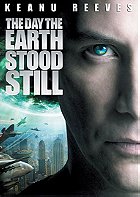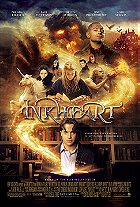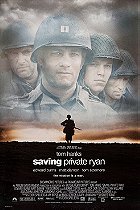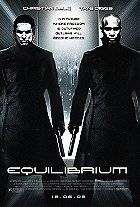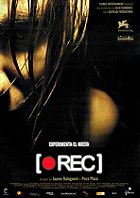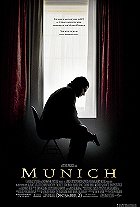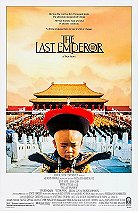Ruminations on the life of Bob Dylan, where six characters embody a different aspect of the musician's life and work.
Cate Blanchett: Jude
Director & Writer Todd Haynes has created a biopic so unique and so diverse, that it's predictably going to be attacked for not reaching the everyday standards of the everyday genres of film, with standard storytelling methods applied. Haynes never once shys away from what he is striving to accomplish: change, chaos, ambiguity. This film is soul and embodiment of Bob Dylan. The themes, settings, look, pacing, characters, chaos, ambiguity, contradictions, and for the fact that this never once tries to explain who Dylan is or why he is the way he was is, so fitting it's hard to imagine a biopic on Dylan done any differently. This is a bold film done in a fresh and unique way. This isn't the usual predictable Walk The Line or standard by the book Ray type singer-biopic(Which are brilliant in their own way) where you have one great performance surrounded by the life and times, the highs and lows, and then the conquering of life's obstacles.
I'm Not There on the other hand, baffles, confuses, lies, contradicts, and makes you question everything, tipping your world upside down. We never know where we're going, who we're going to meet, or what time and person we'll end up with. Haynes doesn't have one person recreate Dylan as Dylan was. He relies on six actors and an actress to play parts of the mysterious man, that we know as Dylan.
Haynes style is breath taking, the music a vessel of transport for our minds into this mind of faceted greatness, the acting is unrivaled, from every star in the film with award worthy performances everywhere, the cinematography was excellent, the writing superior to most of this decade and the editing was unsurpassed surrealness. We never once feel we're at one place with one character for too long, or we jump into one life unexpectedly where it feels forced. Gere's part seems left wing and it completely is, but when we're there, we learn just as much about Dylan than we have with every other character. Blanchett, Ledger, and Bale are the three standouts. Blanchett will get most of the praise because she embodies Dylan's psychedelic, far out trips, flamboyant behavior, and his eagerness to rebel, question, and change. Ledger gives one of his best last performances, during a marriage that is falling apart due to infidelity and long lasting time away, as he plays Robbie Clark, a young, up and coming actor. Christian Bale plays Jack Rollins. When Rollins pops up it's through a documentary like form. We're watching a movie within a movie about one of the characters. Not only is that unique, but Robbie Clark (Heath Ledger) plays Jack Rollins in a movie called "Grain of Sand." During the in-movie documentary on the life of Jack Rollins we learn about his past experiences and how he came to become an evangelical preacher. All three actors have the most intriguing parts of the film that just suck you in and stay with you long after you see them. Blanchett deserved the Oscar Nomination for Best Supporting Actress. She's fantastic and gives one of her best performances as she's quickly building a resume that most actresses can't touch, but Bale and Ledger are both equally impressive.
The intertwining stories are done so well and stay so true to the man that Dylan was makes I'm Not There one of the best films of the year. The constantly changing themes, looks and colours of the film embody Dylan's appearances to perfection. The six characters embody Dylan's schizophrenic like changing of personalities. The historical backdrops used in the film are important and relevant to the times and characters as they add depth and perception to the character's lives. Todd Haynes has created a work that should only get better and more revered as time goes by because we just don't come across films such as this in any time period. Haynes has created a piece to be proud of and a faceted jewel, that even Dylan would be proud of.
 Login
Login
 Home
Home 24 Lists
24 Lists 448 Reviews
448 Reviews Collections
Collections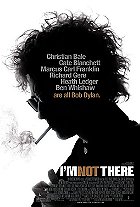
 0 comments,
0 comments, 